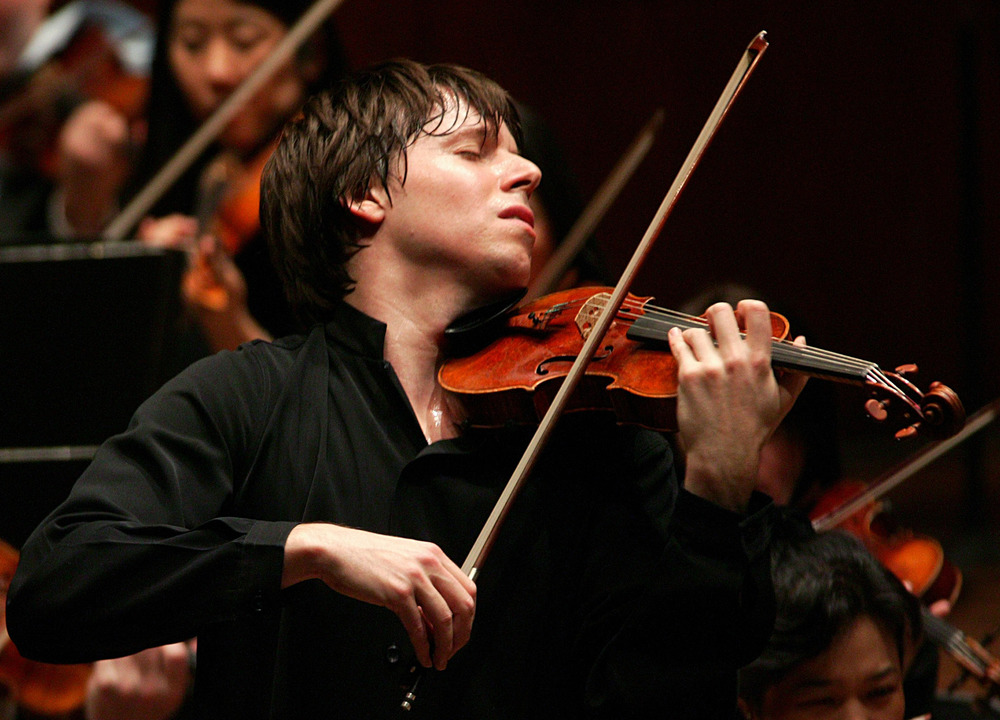
Popular science is, well, popular. And there are many “statements of fact” that arise from research that lead us to live with these truths. But of course they aren’t necessarily always right.
Sometimes they can be completely wrong – such as the fact that our brains are hardwired and unable to change. Now we know the opposite is true.
And sometimes they are partly true.
Such as the notion of the 10,000 hours rule.
Popularised by Malcolm Gladwell in his book Outliers and based on the original work by Anders Ericsson who suggested that it takes 10,000 hours of focused deliberate practice to get good at anything.
Nice thought. Except it isn’t quite right. Not everyone who does 10,000 hours of deliberate focused practice will necessarily get to be the next tennis ace, golf pro or professional musician.
A new study by Mcnamara and others from Princeton suggests that while deliberate practice is definitely important, it’s not the only factor at play. A Meta – analysis of 88 studies showed that there is a definite positive relationship between the amount of practice and the higher level of performance, but that it only accounted for around 12% of individual difference across different domains.
They also found the domain itself makes a difference:
- In games 26%
- In music 21%
- In sports 18%
- In education 4%
- In professions 1%
Others researchers have been finding the same thing.
Zach Hambrick from Michigan showed that different people putting in the same amount of practice don’t always get the same results. In chess and musicians he and his study found practice only accounted for 1/3 of the difference in skill.
And if you were hoping to get good enough to overtake Usain Bolt on the running field. Think again. Natural talent plays a role too. Look back at your sports days at school. There were always those kids who were simply just good at certain things, whether it was running, throwing a ball or hitting a ball with a bat.
So where does that leave us?
First off. If you have chosen a particular path, whether it is in your chosen profession, sport or music, if you are not seeing the expected amount of improvement you were hoping for, don’t carry on until you’ve completed your 10,000 hours. That is around 10 years of your life and if you’re not going to “make it” into the big league maybe you could spend that time doing something else.
Secondly, it means we need to work out what are the other important factors to consider in addition to practice.
McNamara and the others suggest that your age at which you commence the practice plays a role as does your working memory.
In addition Hambrick suggests that if you are given an accurate assessment of your abilities and likelihood of achieving success, that may help you to determine which area to dedicate your time and energy to. He too suspects that working memory capacity may be the key.
It looks as if we have will just have to wait to see what else is discovered that will help us become better in our chosen fields.
Ref:
http://www.uvm.edu/~pdodds/files/papers/others/2007/ericsson2007a.pdf
B. N. Mcnamara, D. Z. Hambrick, F. L. Oswald. Deliberate Practice and Performance in Music, Games, Sports, Education, and Professions: A Meta-Analysis. Psychological Science, 2014; DOI: 10.1177/0956797614535810
David Z. Hambrick, Frederick L. Oswald, Erik M. Altmann, Elizabeth J. Meinz, Fernand Gobet, Guillermo Campitelli. Deliberate practice: Is that all it takes to become an expert? Intelligence, 2013; DOI: 10.1016/j.intell.2013.04.001
Michael P. Lombardo, Robert O. Deaner. You can’t teach speed: sprinters falsify the deliberate practice model of expertise. PeerJ, 2014; 2: e445 DOI: 10.7717/peerj.445


